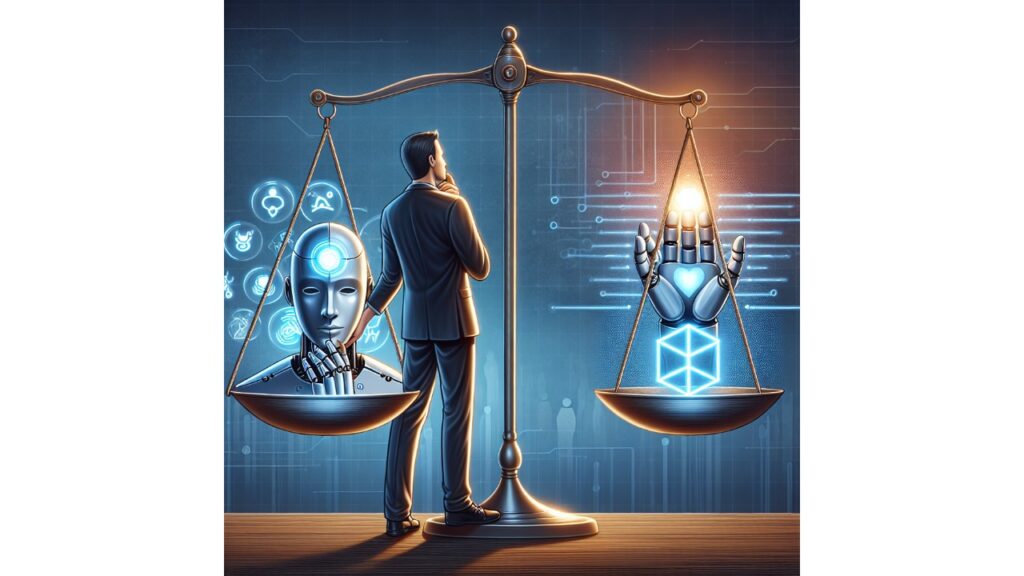One can understandably be uncertain about what exactly artificial intelligence will do to occupations after listening to AI scientists and pundits. There are a wide variety of predictions, from severe job losses to AI augmenting and assisting human workers as “cobots.”
Finally, several pollsters asked workers directly; similarly to experts and commentators, workers have no idea what to expect. They can be nervously worried or resigned to letting the cards fall as they may.
Based on conflicting findings from two recent studies, these are the opinions of workers on AI, which show a variety of ambivalent attitudes about AI. A majority of respondents to a survey commissioned by Jobs for the Future’s Centre for Artificial Intelligence & the Future of Work say they need to develop new skills to be ready for the effects of artificial intelligence.
A similar survey found that most respondents hadn’t bothered to look into ChatGPT, and that only 19% of respondents believed AI chatbots will have a significant impact on their careers.
The perception difference between the two surveys exemplifies the ambiguity and uncertainty surrounding AI as it is now portrayed. Readers are warned to fear the job-eating AI tsunami in some papers, while others advise people to ride it like a surfboard because AI will enhance many talents. The truth is that no one truly knows yet where AI will go.
People are still getting ready. The Jobs for the Future survey, which polled 2,204 adults in June, found that more than half of respondents said they needed to learn new skills to be ready for the effects of AI. One-third think they’ll require them within the upcoming 12 months. Respondents are more pessimistic (37%) than enthusiastic (25%) about the potential effects of AI on workers in general.
However, the survey reveals that most of the respondents were largely worried about how AI might affect jobs, particularly their own. Just 18% of people have actually utilized ChatGPT.
Only 15% of workers feel chatbots would be useful for their own jobs. The majority of respondents who have utilised ChatGPT are those with college degrees.
Only 19% of working persons who have heard of ChatGPT believe that such chatbots would significantly affect their careers, while over the next 20 years, more than half (56%) of software engineers, graphic designers, and journalists (54%) believe that AI chatbots will significantly affect their jobs. Less people (44%) or 31%) believe that chatbots will significantly affect lawyers’ (or teachers’) jobs.
However, as revealed by the Jobs for the Future study, there is a pressing need to master skills relevant to AI. A majority of workers (58%) believe they must acquire new skills as a result of the influence of AI, with a third believing they must do so within the next year (34%).
According to the Jobs for the Future poll, more employees (58%) are open to learning possibilities for AI at work than they are worried that AI will cost them their jobs (29%) or destroy their businesses (35%).
This indicates that other people are grappling with the ramifications of AI as well, in addition to the expert and pundit classes. Even the employees in the field who must deal with AI are unsure of the direction the technology will lead humanity.














